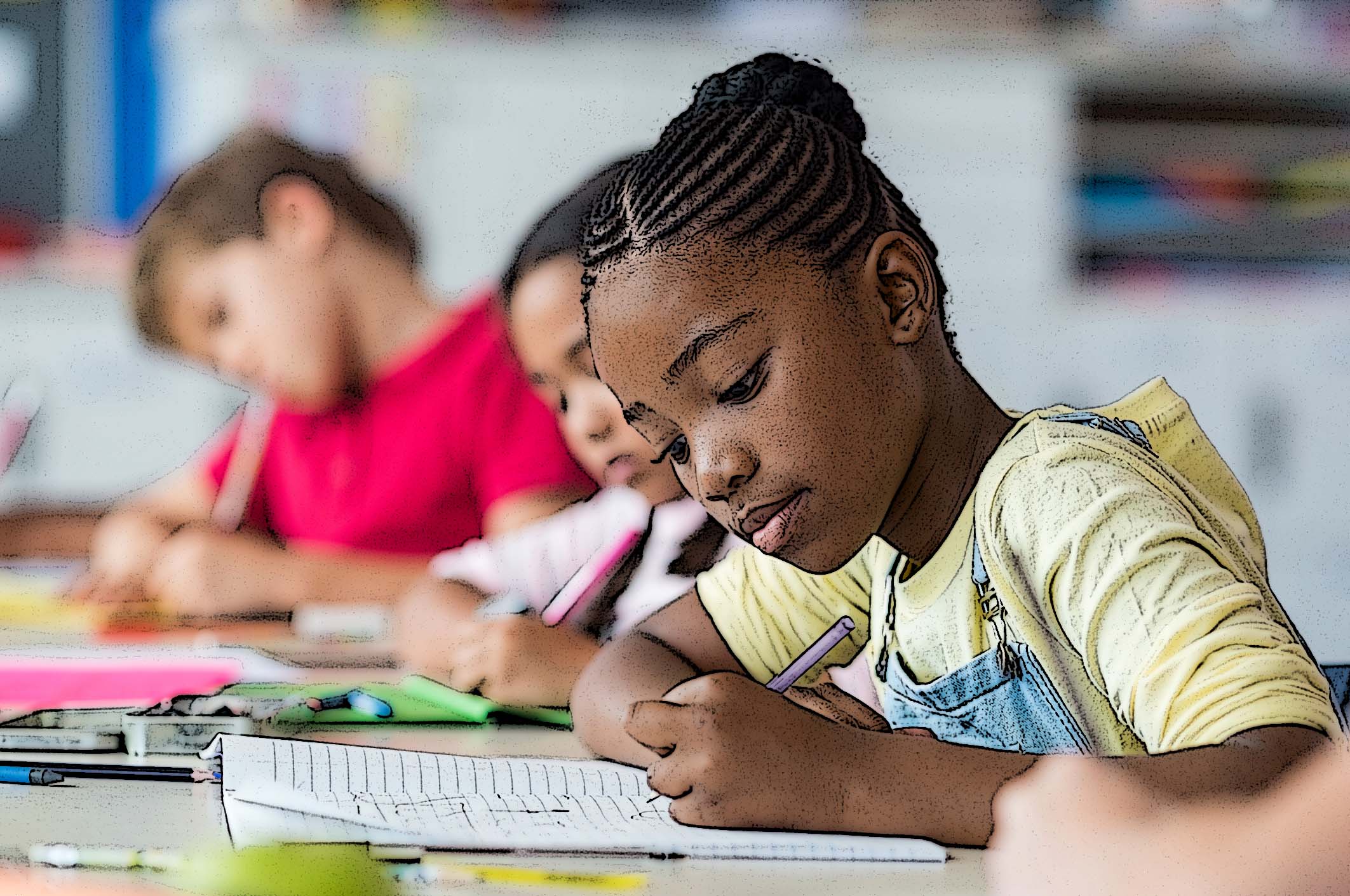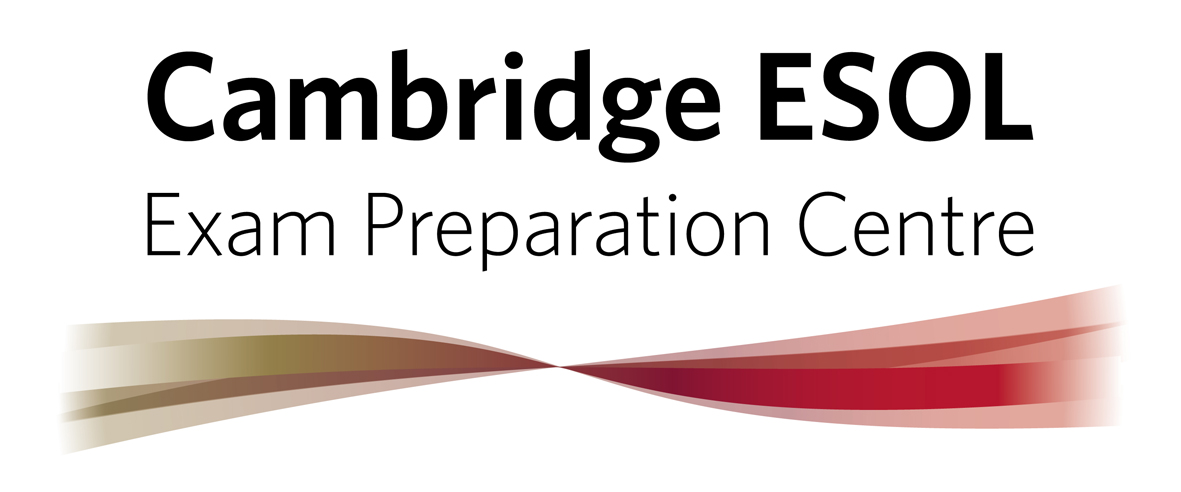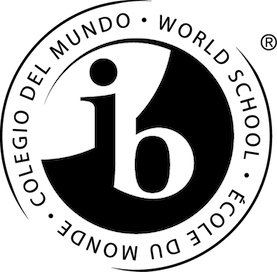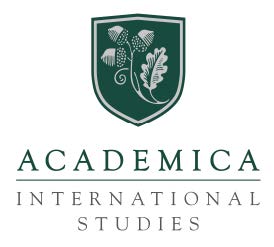(Equivalent to CM1 / CM2)
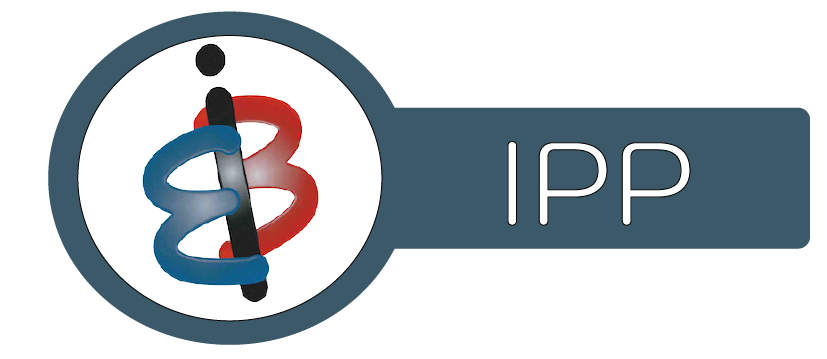
The language of instruction for the IPP is English.
The educational practices of the International Primary Programme (IPP) are based on the curiosity and creativity of the child through research. The interest of the student is essential to develop their learning and openness to the world.
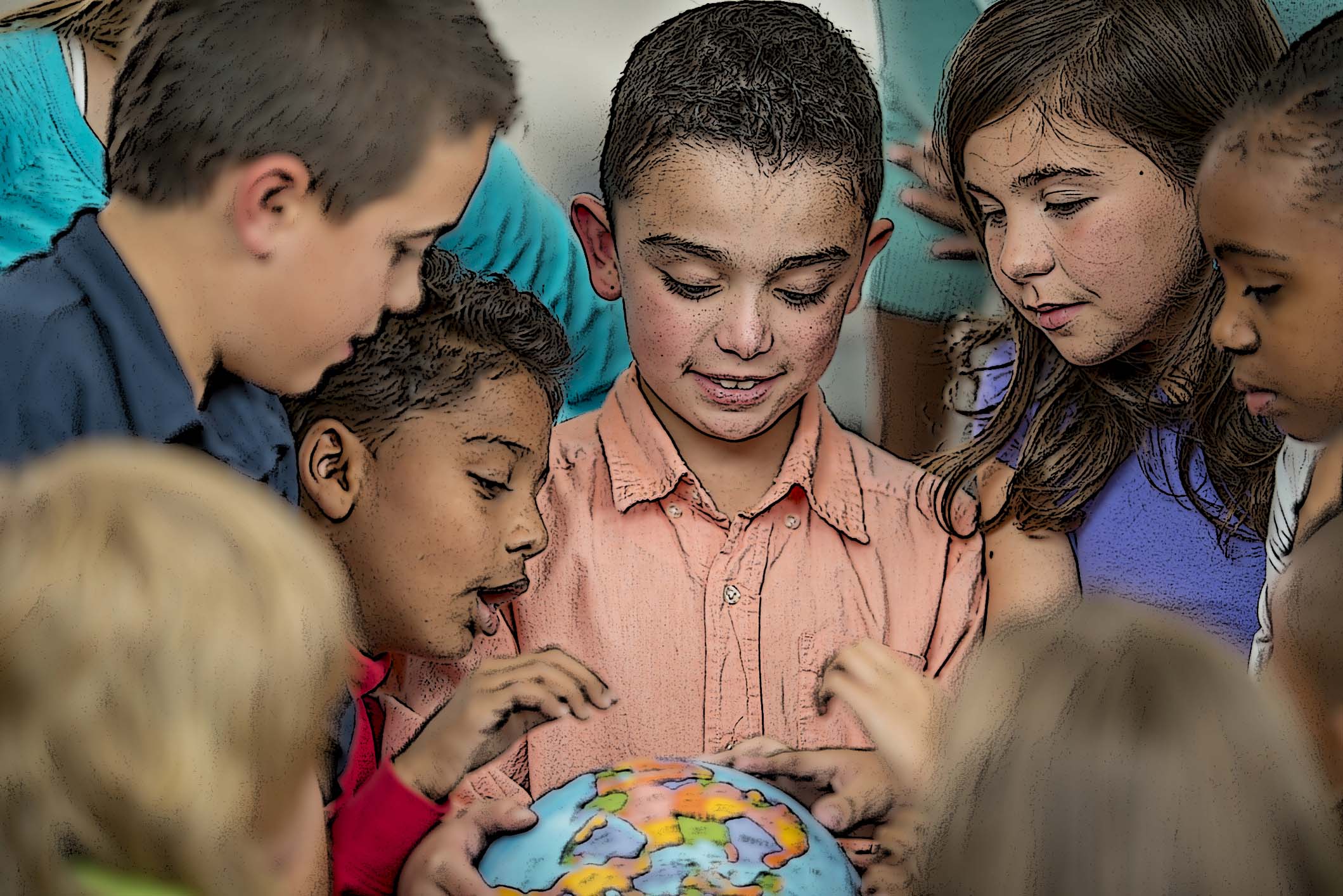 During the cycle of the International Primary Programme (IPP) which is organised over two years, the children will guide their education through a perpetual questioning of the world around them. Learning to put in place strategies to answer these questions allows students to acquire the skills and knowledge that are essential to good personal and intellectual development.
During the cycle of the International Primary Programme (IPP) which is organised over two years, the children will guide their education through a perpetual questioning of the world around them. Learning to put in place strategies to answer these questions allows students to acquire the skills and knowledge that are essential to good personal and intellectual development.
To do this, the IPP is organised into an interdisciplinary way through eight subjects around five themes.
Subjects taught:
– English language and literature
– Study of the French language (from literary support)
– Maths
– Science
– Individuals and Societies
– Art
– Physical education-
– Community project
The topics covered in the different subjects:
– Citizenship and human rights
– Health and wellbeing
– Intercultural diversity understanding
– From the universe to man
– Sustainable development and ecological transition
For teaching to be interdisciplinary, each theme must be worked on at least in two different subjects.
The IPP Community Project Exhibition:
The Community project exhibition is an opportunity for students to present an action carried out during the year to a school audience. This action aims to help the local, national and international community. It is an important event because it allows to carry out a group project from start to finish, as well as reflection on the finished work by applying a retrospective on what worked and what could be improved for next time. It is a moment of sharing where the students understand that they can have a direct action on the world around them. The students realise that at their young age and level, they can help the community.
Assessment in IPP:
Different assessment strategies are in place:
| – Observing | – Question-answer strategy |
| – Assessment of achievements | – Open-task strategy |
| – Procedure-based strategy |
